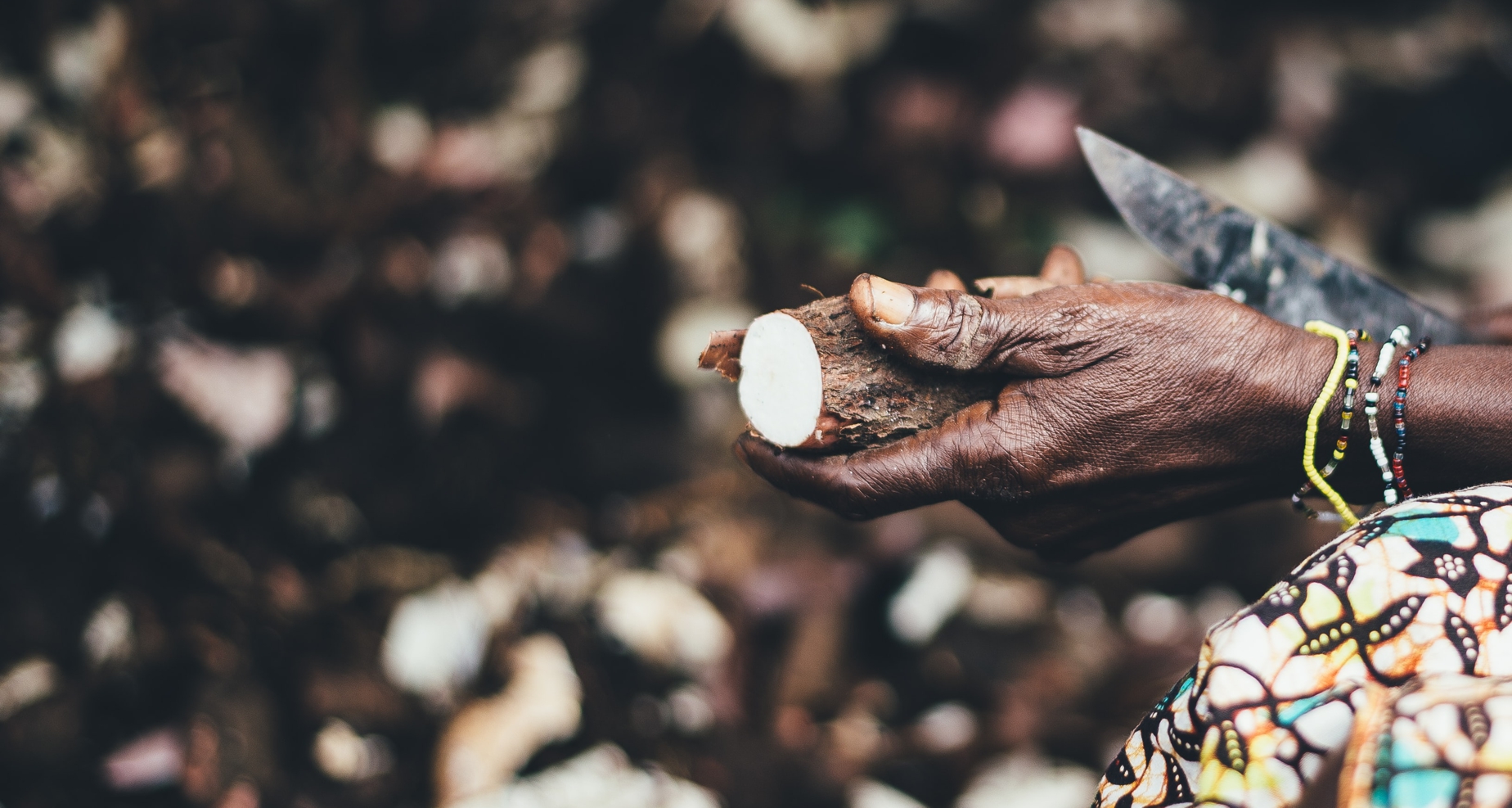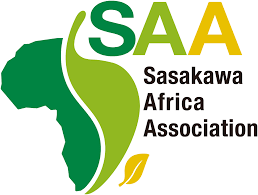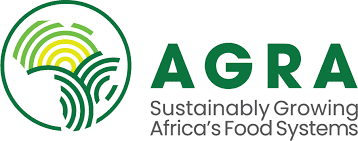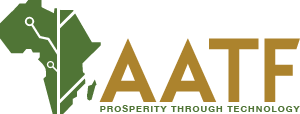
Adding a gender and nutrition lens to agricultural interventions
Laterite’s contribution to the IGNITE program.
IGNITE was a 5-year program implemented by Tanager set up to strengthen the capacity of African institutions to integrate nutrition-sensitive and gender-integrated approaches into their agriculture interventions and their way of doing business. Laterite was a learning partner on IGNITE, together with 60 Decibels. Laterite led the process to develop the program’s theory of change and learning agenda and provided monitoring, evaluation and learning (MEL) and research support to IGNITE’s stakeholders – African institutions focused on the agricultural sector.
This page summarizes Laterite’s contributions to the program (see also full list of publications).

Gender-specific drivers of agricultural best practices adoption
A mixed-methods research project designed with Sasakawa Africa Association to understand the drivers of decision-making among teff farmers, with a focus on gender factors influencing the adoption of agricultural best practices.
As part of this study, Laterite interviewed one man and woman in 555 households in the West Gojjam region of Amhara. The surveys were complemented by 9 focus group discussions and 12 in-depth interviews with farmers, and 4 key informant interviews with development agents and teff crop experts. Laterite led all aspects of the research project, including research instrument and methodology design, listing, recruiting and training moderators and interviewers, implementing the data collection plan, data cleaning, quality assurance, analysis and reporting.
Outputs:
- Final report (PDF)
- Teff farming in Ethiopia (literature review)
- Lungu et al., 2024. Intra-household gender dynamics and the adoption of best practices among teff farmers in Ethiopia. Afr. J. Food Agric. Nutr. Dev. 2024; 24(3)

Are women-only agriculture extension groups effective?
Laterite, in collaboration with Digital Green, designed a study to investigate the effectiveness of women-only farmer groups as a mechanism to change household dynamics and best practice adoption outcomes. Laterite used quantitative household surveys and farmer group observations paired with 14 gender-sensitive focus group discussions with 87 farmers and 7 key informant interviews with extension agents to explore the relationship between video-mediated extension and adoption of best practices among women and their households. The study reached 900 women farmers and 720 male farmers, for a total of 1,620 individual interviews.
Outputs:

Pathways to business: AGRA’s Village-Based Advisors
A phone-based quantitative study, complemented with qualitative interviews to explore the paths that AGRA’s Village-Based Advisors (VBAs) pursue to turn their role into an income-generating venture.
For this study, Laterite contacted the entire pool of VBAs in Tanzania (about 5,000 individuals) to assess eligibility and selected 1,244 to take part in the VBA Entrepreneur Phone Survey. In addition, we conducted: a 3-round tracer study with 77 VBAs and key informant interviews with successful and unsuccessful entrepreneurs to understand their business journey.
Laterite was responsible for research design, survey development, data collection, data monitoring, analysis and reporting.
Outputs:

Time savings from farm mechanization – how is it spent and who benefits?
A qualitative study among cassava farming households in Nigeria to understand how time saved by mechanization is reallocated to other activities, and who is enjoying the benefits of that extra time – women or men?
The study was conducted with AATF’s Agridrive Limited – a mechanization service provider operating in Nigeria. This study consisted of 9 focus groups discussions and 8 in-depth interviews. Participants included mechanized and non-mechanized smallholder cassava farmers (less than 3 hectares), as well as government extension agents.
Outputs:
Case studies
Measuring Women’s Empowerment: from theory to practice
Laterite deployed the Pro-WEAI index to measure women’s empowerment for two of our IGNITE research projects. The team learned many useful lessons from this experience and Ioana Lungu summarized the insights in the case study: Using Pro-WEAI in the Field: Lessons Learned from Teff Farmers in Ethiopia. See also: related blog post.
Capturing women’s voices in agricultural research
All the research conducted through the IGNITE program was purposely gender responsive, and a large part of the research design decisions focused on making sure that women’s voices were heard. Our team collected lessons learned from this exercise, some less intuitive than others, and John DiGiacomo structured our experience in four key insights for an IGNITE case study: Capturing Women’s Voices in Agricultural Research. See also: related blog post.
Transforming the shock of the pandemic into lessons to improve resilience
The COVID-19 pandemic impacted the day-to-day operations of many IGNITE stakeholders, forcing them to adapt to the difficult environment on the ground. The IGNITE team reached out to its network to ask how were they coping with these challenges from a gender and nutrition perspective. Different teams reacted in different ways, some focusing on gender-sensitive issues, others more on nutrition. A common theme was that each client had to adapt and quickly revise their priorities. These conversations were summarized in a case study highlighting the ten lessons learned during the process: Transforming the shock of the pandemic into lessons to improve resilience. See also: related blog post.
Diagnostics for gender and nutrition mainstreaming
At the beginning of the IGNITE program, Laterite developed a diagnostic tool to identify areas where institutions can work to integrate gender and nutrition into the way they work. The tool is also a means to assess the progress towards the goals of gender and nutrition mainstreaming. The diagnostics tool scores institutions across eight domains: 1. Policies and Approaches; 2. Culture and Capacity; 3. Budgets; 4. Data Collection; 5. Data Analysis & Use; 6. Do No Harm; 7. Accountability and 8. Integration of gender and nutrition.
- More information: Assessing Institutional Capacity on Gender and Nutrition